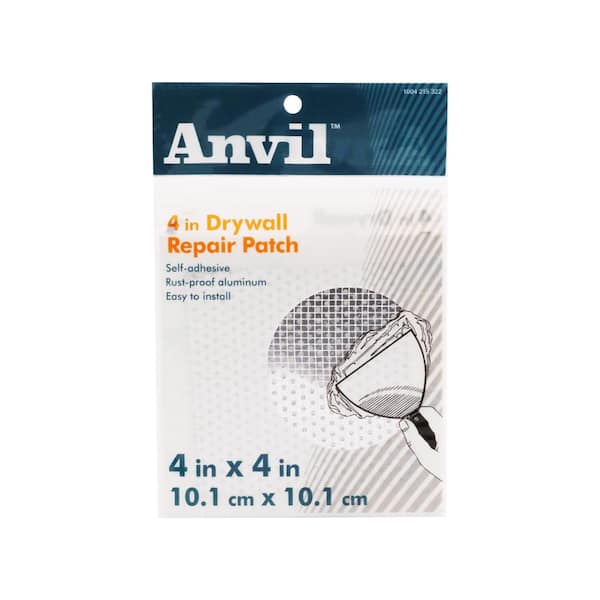Drywall, sometimes referred to as gypsum plaster or plasterboard is a typical material used for walls in the interior. Drywall is composed of a core consisting of gypsum-based plaster, sandwiched between two layers of paper or fiberglass.
Drywall cracks and holes could be easily caused by furniture, doorknobs as well as accidental collisions, even accidents.
Water damage: Dwelling in water can cause drywall to become discolored, warped, or moldy.
Moving or setting the foundation: This can cause cracks and crevices within your drywall.
Ageing: Drywall can be brittle with time, and cracks or holes may form.
New plumbing or electrical: In order to install new electrical or plumbing, holes will need to be made in the drywall.
Drywall repair typically involves filling holes or cracks with joint compound, sanding, and painting the area to coincide with the surrounding areas. In the most severe instances parts of drywall might need to be replaced entirely. To avoid further damage to your home or business it is essential to repair drywall immediately. See the top read what he said about drywall calgary contractors for blog advice including licensed drywall contractors near me, drywall subcontractor near me, drywall near me contractor, sheetrockers near me, drywall contractors, drywall specialist near me, sheetrock company, local drywall repair, sheetrock contractors, drywall company near me and more.

What Happens To The Wall? How Can It Be Fixed?
To create a seamless, final product repair of drywall requires several steps. The procedure usually involves framing. Here's a brief description of each procedure. Framing: The framing might need to be repaired if the drywall is damaged from structural issues.
Insulation: It is possible to install insulation in the wall cavity after framing is in place. This is especially important for exterior walls as well as walls that divide living areas.
Soundproofing If soundproofing is required then an additional layer of soundproofing material can be added between the framing and the drywall. This could lower the sound transmission between rooms.
Patching: Drywall that has been damaged should be removed after the insulation, framing, soundproofing and soundproofing has been completed. You may need to remove the damaged portion, after that, replace it with new piece.
Taping: Once the new drywall has been installed, tape the joints between the two pieces to create a seamless surface. You'll need to put joint compound on the joints and tape the joints.
Mudding: Once the tape is applied and the tape is removed, you need to apply joint compound to fill in any gaps and smooth the surface. You may need several coats, each needing sanding.
Painting: After the joint compound has dried, smooth the surface before painting the plasterboard to match the wall space. It may take multiple coats of paint to achieve the desired result.
Although repairs to drywall can be time-consuming and laborious, they can be seamless and professional looking if you pay attention to the particulars and follow the correct techniques.

Here Are Some Suggestions And Suggestions On How To Select A Drywall Contractor
The right contractor will ensure the project is completed to schedule and on budget. Here are some helpful tips and recommendations for selecting the best drywall company: Ask for recommendations from family members, friends or acquaintances for suggestions. Referrals from word-of-mouth are usually the most reliable way to locate a reliable contractor.
Conduct your research online. You can look up reviews and ratings for a local drywall contractors on Google, Yelp, and other review sites. This will give you a good idea of their reputation and also the standard of their work.
Verify the credentials of your contractor: Make certain that your contractor is insured, licensed, and bonded. This will protect you in the event there are accidents or damages during the project.
Request estimates: Ask three or more contractors for written estimates. This will provide you with an idea of the price range and assist you in identifying any concerns.
Ask questions: Do not be afraid to ask questions about the contractor's experience, their process, and the materials they use. A reliable contractor will be more than happy to answer any questions you have and explain their approach.
Be attentive to your communication skills. Find a contractor with great communication skills and flexibility. This will ensure that the project goes smoothly and you are pleased with the final results.
References Ask for references and follow-up. This can give an excellent idea of the contractor's work ethics and professionalism.
Find a dependable, reliable, and qualified drywaller by following these suggestions.